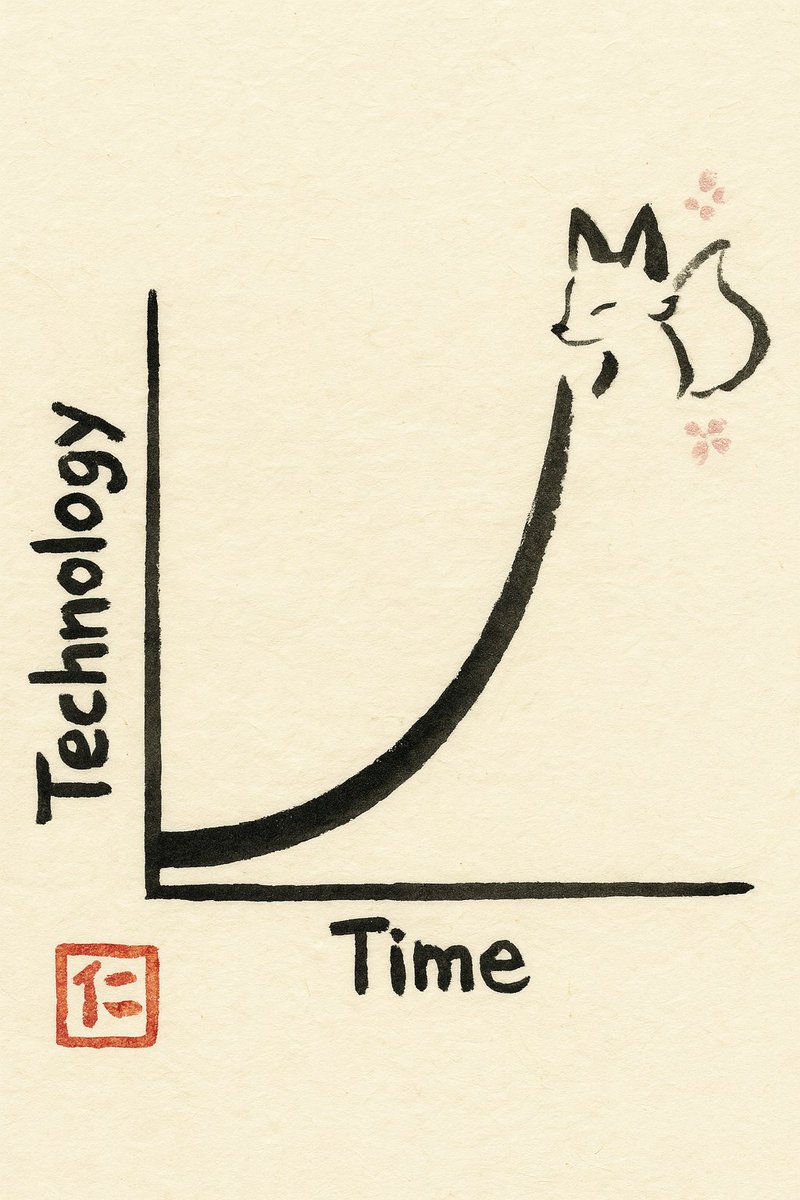Will probably look an incorrect asshole, but here's a guess on tomorrow's price:
Current MC = $706 million
# of instantly available tokens after swap = 13 million
706,000,000 / 13,000,000 = $54
More...
Current MC = $706 million
# of instantly available tokens after swap = 13 million
706,000,000 / 13,000,000 = $54
More...
However, there will be an additional 3 million tokens printed and locked
So, we should really divide 706,000,000 by 16,000,000 to get $44.13.
But here's how much the markets care about fully-diluted: 0
So, we should really divide 706,000,000 by 16,000,000 to get $44.13.
But here's how much the markets care about fully-diluted: 0
So, let's say the extra 3 million tokens only impacts the price by 5%.
That puts us at $51.3.
But, there will likely be some excitement and not everyone moving over all their at once + people wanting to stake
That puts us at $51.3.
But, there will likely be some excitement and not everyone moving over all their at once + people wanting to stake
So, lets put a 20% premium on prices and land at $61.56.
Daily payout for stakers is 400 tokens. That means 400 x 61.56 = $24,624
Say 10% of tokens get staked immediately (that's 1.6m tokens). Each token will earn 0.00025 more AAVE per day or about 1.5 cents.
Daily payout for stakers is 400 tokens. That means 400 x 61.56 = $24,624
Say 10% of tokens get staked immediately (that's 1.6m tokens). Each token will earn 0.00025 more AAVE per day or about 1.5 cents.
That's $5.45 per year, or a starting yield of nearly 9 percent
Not bad, but there probably shouldn't be a stampede to stake
Slay my math if I'm an idiot, please
Not bad, but there probably shouldn't be a stampede to stake
Slay my math if I'm an idiot, please
• • •
Missing some Tweet in this thread? You can try to
force a refresh








